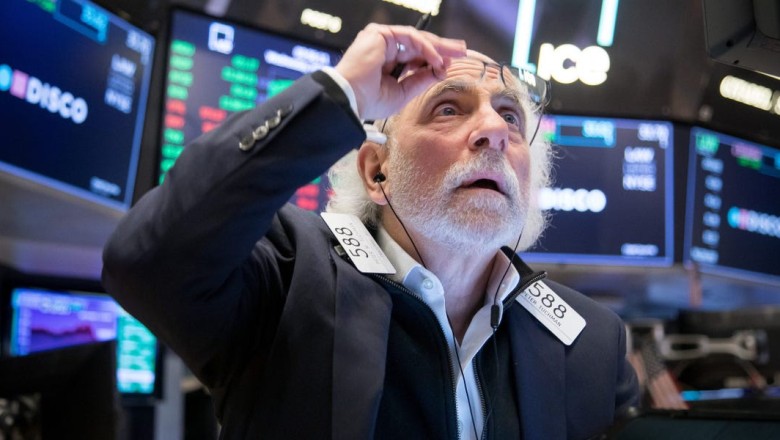
A rebound in inflation and an upcoming recession are going to flip the stock market upside down, according to Bank of America.
In a Friday note, the bank acknowledged that over the past three months, inflation has fallen to an annualized rate of about 0%. But that's going to change due to a persistently tight labor market, which is seeing no relief as immigration trends in America remain subdued relative to previous years, according to the note.
BofA said another factor that will push up inflation is a renewed spike in commodity prices as the reopening of China's economy will spark a wave of demand for oil. That, combined with supply issues stemming from the ongoing conflict between Russia and Ukraine, will put renewed pressure on oil prices, which dropped nearly 40% from their 2022 peak.
The expected spike in inflation will come at a time when central banks around the world are backing off from their tight monetary policy of raising interest rates. Some could even be on the verge of cutting interest rates, based on market expectations.
"Central banks quietly accepting higher structural inflation, wittingly or unwittingly," BofA's Michael Hartnett said.
Meanwhile, a recession is coming, according to the note, and it's "likely a biggie." That's because a jump in the unemployment rate will coincide with a dismal 2% personal savings rate, a 15% surge in credit card debt, and a record average credit card interest rate of 19%.
"Consumer finance companies increasing provisions... no bueno," Hartnett said, referring to the money being set aside to cover expected losses.
The takeaway for investors is to do the exact opposite of what has worked over the past decade, according to the note. "Investment conclusion is super-trend of inflation assets over deflation assets remains in its infancy," he said.
In other words, investors should own the new leadership assets like commodities and non-US stocks, according to BofA. The mega-cap tech trade that has dominated markets since the Great Recession will underperform in the years ahead, Hartnett warned.
Investors should also own small-cap stocks over their large-cap peers, and value stocks over growth stocks, according to the note.
While a recession could hurt these trades, as investors flock to recession-proof growth that's usually found in the tech sector, they will ultimately provide investors with the "next great entry points" into inflationary assets, Hartnett predicted.
"Positioning says pain trade in stocks has further to go on upside; but fade any move toward S&P 500 [at] 4,200; we think 4.5% [yields] in cash [is] a more sensible trade than chasing new highs in stocks," he said.
Read next












Comments
0 comment